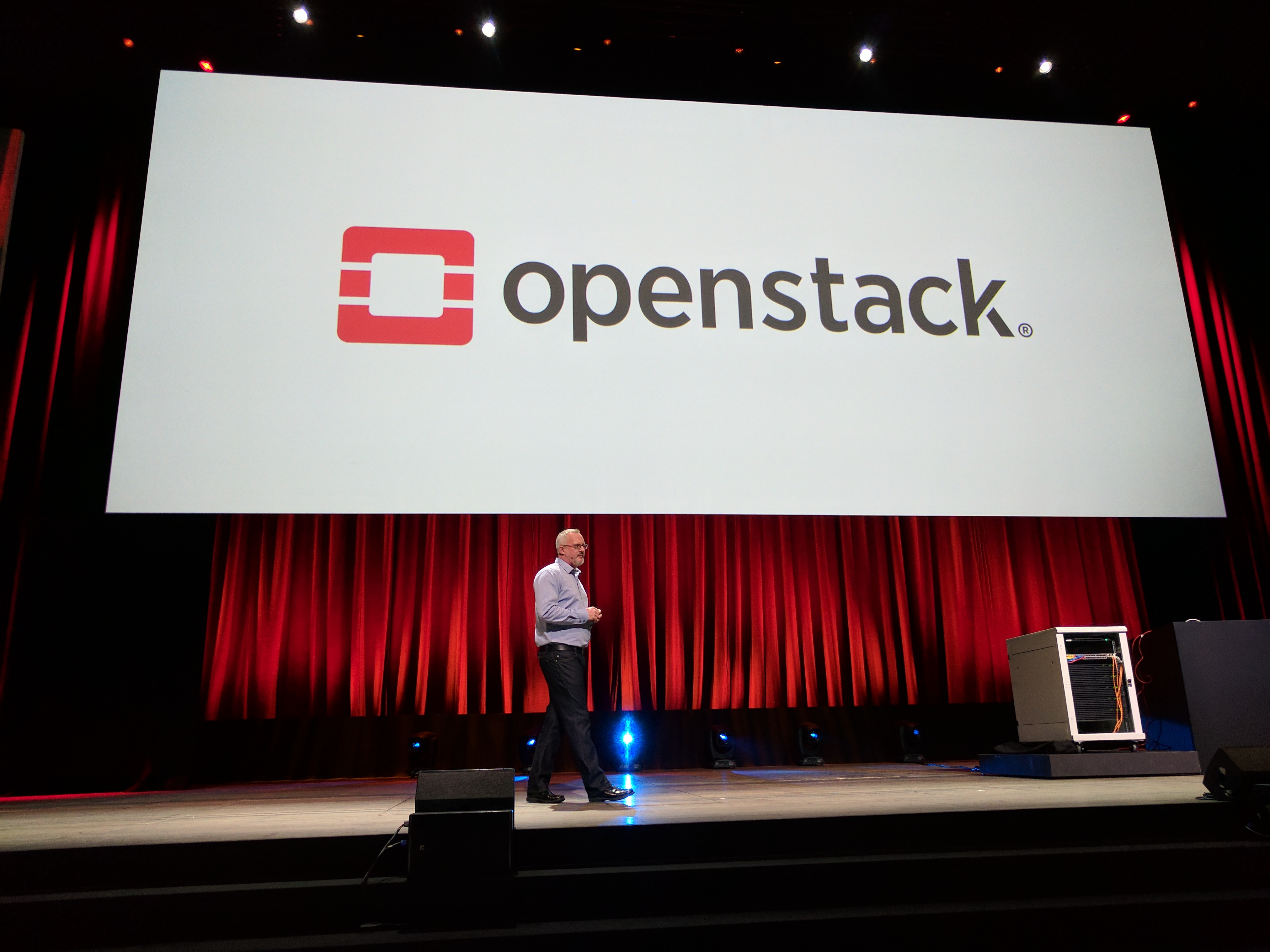OpenStack remains a vital tool for enterprises seeking to manage their private clouds on-premises, providing capabilities similar to those offered by AWS. Despite 29 releases, OpenStack continues to be one of the most active open-source projects globally. The recent announcement of version 29, named ‘Caracal,’ by the OpenInfra Foundation, underscores the project’s ongoing evolution. This latest release introduces new features tailored for hosting AI and high-performance computing (HPC) workloads.
The typical user of OpenStack is a large enterprise, ranging from retailers like Walmart to telecommunications giants like NTT. Across various industries, enterprises share a common focus on deploying AI models into production while prioritizing data security. Many organizations opt to maintain full control over their infrastructure stack to ensure data safety and compliance with regulatory requirements.
By leveraging OpenStack, enterprises can achieve greater control and flexibility in managing their private cloud environments, allowing them to host AI and HPC workloads securely while maintaining compliance and data privacy standards. This emphasis on control and security aligns with the evolving needs of enterprises as they navigate the complexities of modern data management and computing infrastructure.

The observation made by Nvidia CEO Jensen Huang underscores the significant investment wave flowing into data center infrastructure. While a substantial portion of these investments comes from large hyperscalers, there is also considerable investment going into private deployments. These private data centers require a robust software layer to effectively manage them.
In this context, OpenStack emerges as a compelling alternative to VMware’s offerings. With VMware facing challenges, particularly amid its sale to Broadcom, many VMware users are exploring alternatives. The acquisition and subsequent licensing changes by Broadcom have prompted organizations to reconsider their options, with an increasing number turning to OpenStack.
As executive director of the OpenInfra Foundation, Jonathan Bryce notes, the current landscape presents OpenStack with a unique opportunity. With its comprehensive suite of features and functionalities, OpenStack is well-positioned to meet the evolving needs of enterprises seeking effective management solutions for their private data center deployments. The increased interest in OpenStack underscores its relevance in the dynamic data center ecosystem, offering organizations a viable alternative to address their infrastructure management requirements.
















